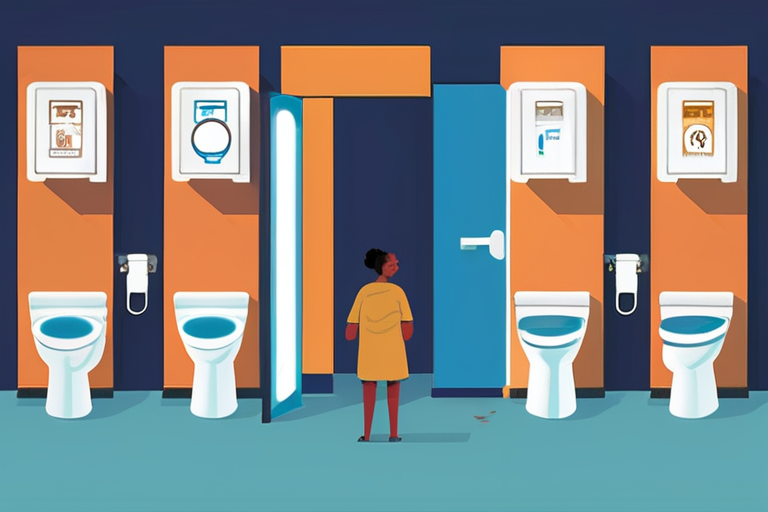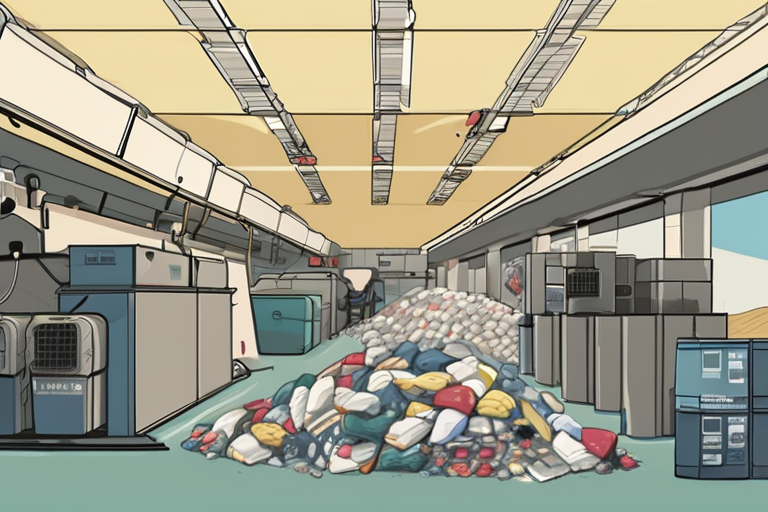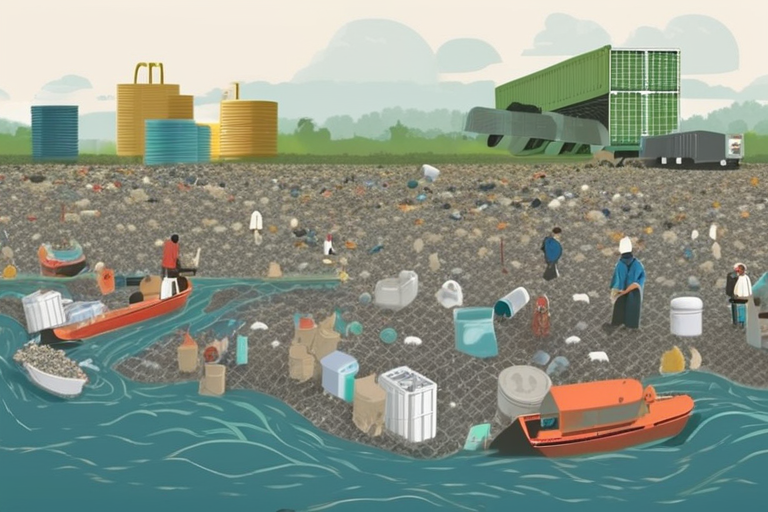The United Nations declared November 19 as World Toilet Day in 2001 to raise awareness about the 3.4 billion people living without safely managed sanitation and the over 300 million people engaging in open defecation. This year, the day serves as a reminder of the importance of access to sanitation facilities and effective sewage disposal systems. According to Dr. Stephen Luby, a professor of medicine at Stanford University and senior fellow at the Woods Institute for the Environment, "What the world needs is not toilets, but effective sewers and sanitation that separate their water and waste."
Dr. Luby emphasizes that a toilet alone is not enough to ensure proper sanitation. "Unless the toilet is connected to an effective and sanitary sewage disposal system, it would merely be a porcelain throne," he says. The World Health Organization (WHO) and the United Nations Children's Fund (UNICEF) have been working together to improve access to sanitation facilities, particularly in low-income communities. Their efforts aim to reduce the risk of waterborne diseases and improve overall health outcomes.
The issue of sanitation is closely linked to poverty, education, and economic development. In many developing countries, open defecation is a common practice due to the lack of access to sanitation facilities. This not only poses health risks but also perpetuates a cycle of poverty. According to the WHO, every dollar invested in sanitation can yield up to $5 in economic benefits. Improved sanitation can also lead to increased school attendance and better health outcomes, particularly for women and children.
In recent years, there have been efforts to develop innovative solutions to address the sanitation crisis. For example, the use of decentralized wastewater treatment systems and community-led total sanitation (CLTS) approaches have shown promising results in improving access to sanitation facilities. Additionally, the use of technology, such as mobile apps and satellite imaging, has helped to identify areas with inadequate sanitation facilities and track progress towards improving access.
As the world marks World Toilet Day, it is essential to recognize the importance of sanitation in achieving the Sustainable Development Goals (SDGs). The SDGs aim to ensure that everyone has access to safe and affordable sanitation facilities by 2030. While progress has been made, much work remains to be done to address the sanitation crisis. The United Nations and its partners will continue to work towards improving access to sanitation facilities, particularly in low-income communities, to ensure that everyone has access to a safe and healthy environment.

























Share & Engage Share
Share this article